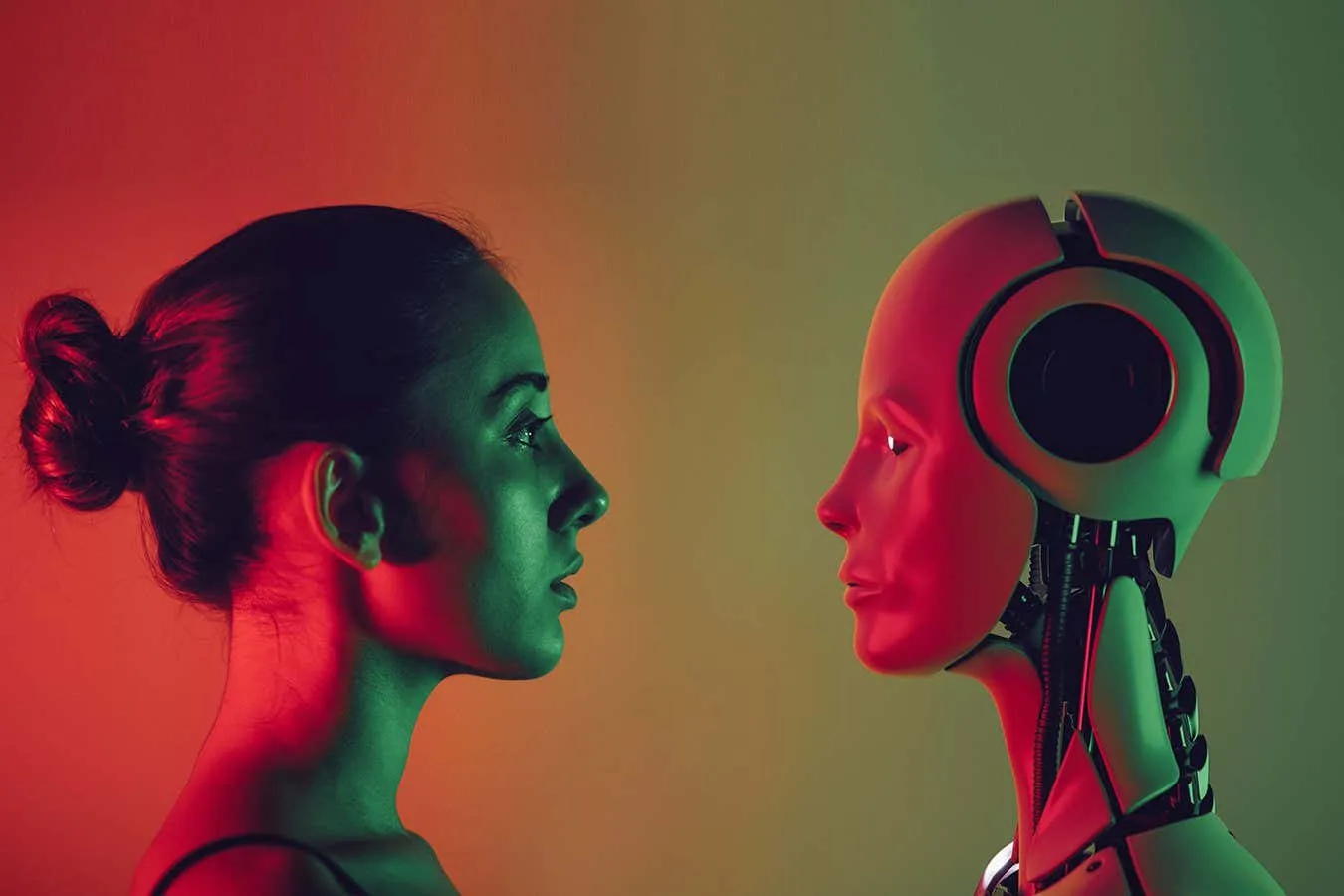Artificial Intelligence vs. Human Scientists: The Current Landscape

The False Sense of Superiority
While artificial intelligence is making waves in the scientific community, human scientists still hold the edge. Recent simulations have highlighted how AI agents struggle to independently generate hypotheses or conduct meaningful experiments. Researchers emphasize the importance of creativity and critical thinking in scientific inquiry.
Why Human Intelligence Triumphs
Natural curiosity and complex problem-solving skills give human scientists a distinct advantage. AI can process large datasets quickly, yet it lacks the nuanced understanding required for innovative research. As technology progresses, the gap may close, but for now, human intellect reigns supreme in innovative scientific discovery.
Key Areas Where AI Falls Short:
- Hypothesis Generation
- Experimental Design
- Data Interpretation
Future Implications
The technological landscape is shifting, yet human researchers remain irreplaceable. As artificial intelligence systems develop, ongoing collaboration between man and machine may redefine the scientific method.
This article was prepared using information from open sources in accordance with the principles of Ethical Policy. The editorial team is not responsible for absolute accuracy, as it relies on data from the sources referenced.